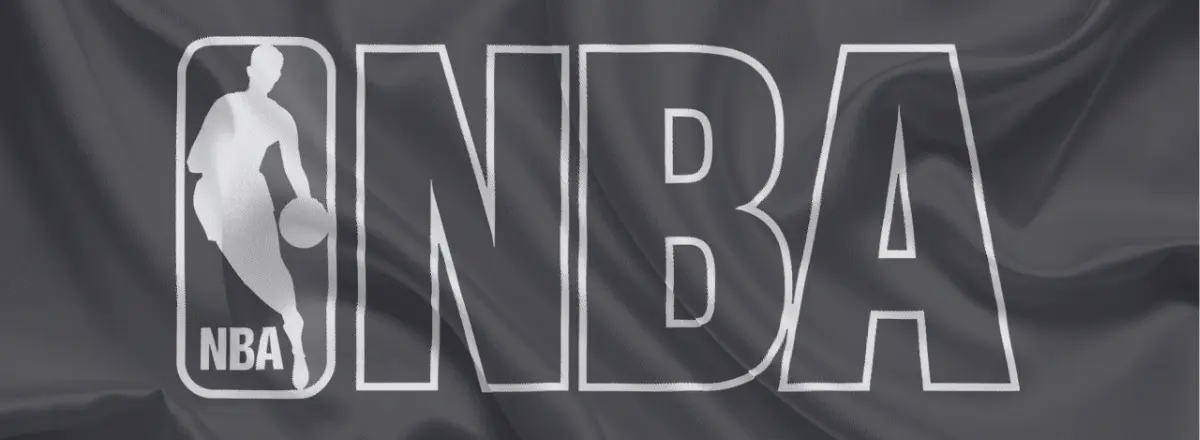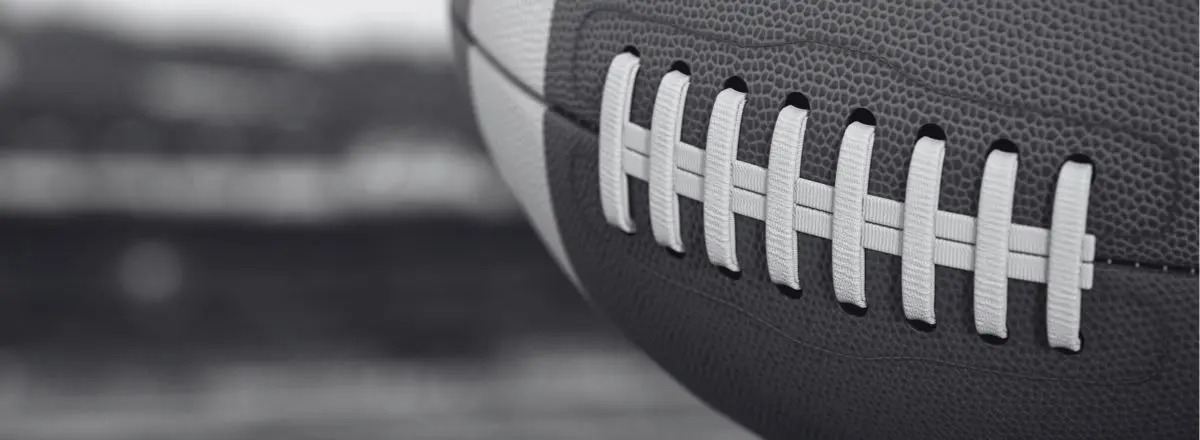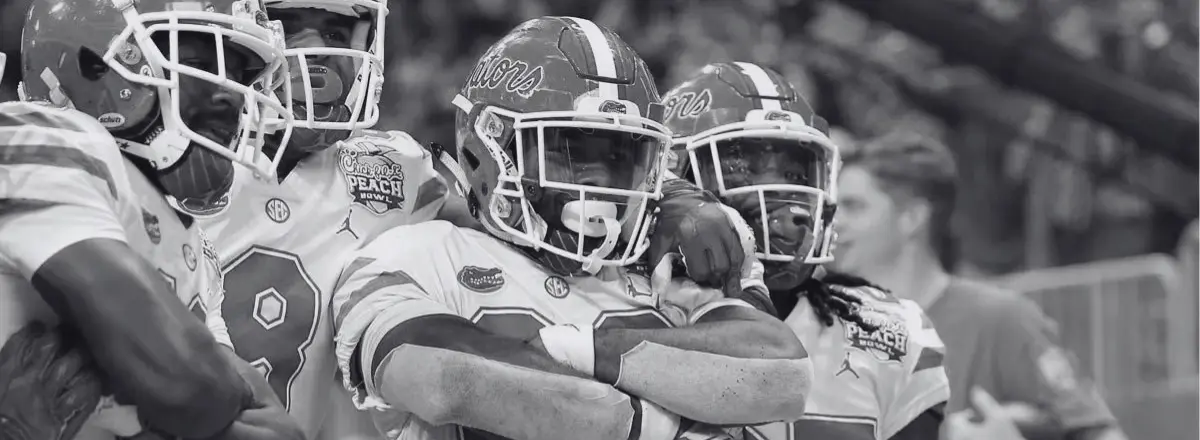The legalization of Florida sports betting has noticeably hollowed out The Sunshine State’s illicit gambling market.
According to a report from the American Gaming Association, the “black market’s share” of sports betting in Florida has shrunk by 19 percent since 2022 (h/t Brant James of In Game). This is a big-time victory for those who supported sports betting legalization in The Sunshine State. It may also be fodder for other policymakers to extoll the merits of offering sports betting in the United States.
Florida Sports Betting Supporters Argued a Regulated Market is Safer
One of the primary arguments that drove Florida sports betting discussions, as well as sports gambling legalization at large, is how a domestically regulated market protects the consumer. Even when sports betting is illegal, people still find ways to place wagers. Typically, they gravitate to offshore betting sites that allow U.S. customers to sign up for accounts. Failing that, they turn to black-market bookies who now have the ability to use the dark web to facilitate their business.
Many have long believed that regulating a market that will always exist is the way to go. Opponents, of course, push back against this idea. They believe legal Florida sports betting merely makes gambling more accessible. And that, in turn, leads to an uptick in problems.
Multiple studies have shown that these concerns carry weight. Reports of problem gambling have dramatically increased across the United States since the Professional and Amateur Sports Protection Act was overturned by the Supreme Court of the United States in 2018.
Some maintain this is a fair trade-off for a regulated market that allows states to rake in additional tax revenue. There are also those who think problem gambling reports are up simply because the resources to seek treatment are more accessible. That is heavily debatable.
Regardless, Florida sports betting does seem to be making good on one of its aims: knifing into the illegal sports gambling market.
Other states will no doubt take notice of what this American Gaming Association study finds. Sure, the overall decrease in illegal Florida sports betting is a positive harbinger on its face. The method by which The Sunshine State has gotten here, though, is equally interesting.
This Illegal Sports Gambling Study Could Impact Other States
While the sports betting compact between the Seminole tribe and Florida only allows for wagering on tribal lands, the Seminoles are still able to operate one of the most widely used Florida sports betting apps. As of now, anyone in The Sunshine State who is of gambling age can use the Hard Rock Bet app to place wagers….no matter where they are located.
Initial interpretations of the gaming compact believed that users would need to be on-site at a Seminole casino and sportsbook for the app to be accessed. The Seminoles, on the other hand, argue that because the servers operating their sports betting app are on their property, they are an extension of tribal lands.
Multiple lawsuits challenging this interpretation of the compact have been filed. The most prominent of which, brought by West Flagler Associates, actually shut down Florida sports betting for an extended pocket of time. However, their attempts to upend the Seminoles’ interpretation eventually failed. Litigation from other sources has followed suit, but none have proven successful.
This is all to say: The Seminoles have laid the groundwork for other markets to push for a similar setup. Let’s use Wisconsin sports betting as one example. They currently only allowed on-site wagering. But the tribes offering services could take a page out of the Seminoles’ book, and run sports betting apps that can be accessed from everywhere.
To date, tribes in other states are likely wary of rankling state policymakers or, more likely, sportsbook operators in the United States who want to enter their markets. But this decrease in illegal Florida sports betting is nothing if not proof that even a limited mobile wagering portfolio can leave a dent in gambling tendencies.
The Latest Report Indirectly Proves Online Sports Betting is the Future
The above discussion dovetails nicely with a relentless industry trend: Online sports betting in the United States is the future of gambling.
Most agree that the illegal Florida sports betting market would generate more revenue if the Seminole tribe wagering app couldn’t be used throughout the entire state. Yes, some residents would cross state lines and spend money elsewhere if they weren’t near a physical sportsbook. Most, though, would prioritize the convenience of online sports betting sites operated by offshore companies, or by illegal bookies.
This doesn’t just make the reported decline in black-market gambling a useful argument for states offering only retail wagering right now. It is a pervasive justification for states still trying to legalize sports betting at all.
For so long, arguments in favor of this topic have focused on tax revenue and the idea that a regulated market is safer. Although the American Gaming Association’s report doesn’t prove the latter free and clear, it is evidence that legalization can dissuade illegal activity.
To that end, we should expect this to come up in future talks for other states. You better believe the next California sports betting debate will reference this data. The same goes for Texas sports betting discussions. Does that mean Florida’s declining illegal sports betting market will prompt new policies elsewhere, far and wide? Of course not. But it is yet another factor that could shift the tenor of current stances against it.
Take a look at this list of the top online sportsbooks so you can find one that works for all of your sports betting needs:
-
EXCLUSIVE BONUS
 50% bonus up to $250Play Now
50% bonus up to $250Play NowT&C apply, 18+, Play responsibly
-
EXCLUSIVE BONUS
 125% up to $1,250Play Now
125% up to $1,250Play NowT&C apply, 18+, Play responsibly
-
EXCLUSIVE BONUS
 225% up to $3,625Play Now
225% up to $3,625Play NowT&C apply, 18+, Play responsibly
-
 50% bonus up to $250Play Now
50% bonus up to $250Play NowT&C apply, 18+, Play responsibly
-
 125% up to $2,500Play Now
125% up to $2,500Play NowT&C apply, 18+, Play responsibly












